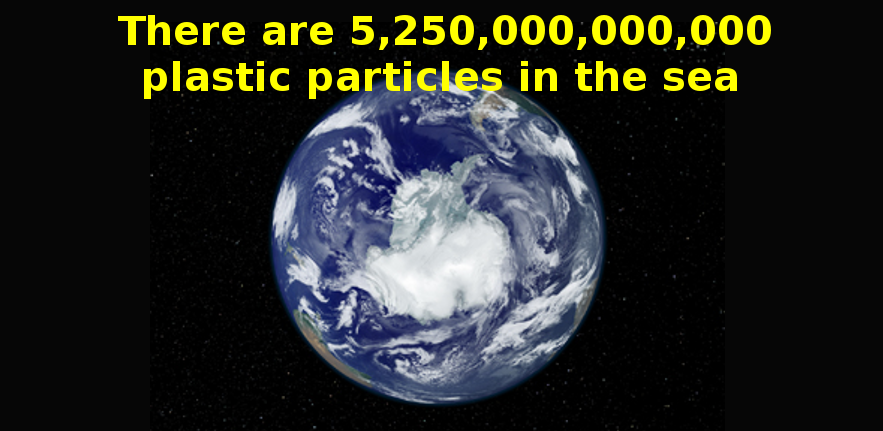
A four day workshop for students, early career researchers and entrepreneurs to develop potential solutions to the plastic pollution problem. Organised by the EPSRC Sensor CDT, NERC British Antartic Survey, Value in Enterprise and CamBridgeSens
How might we reduce and recycle plastics?
Natural and social scientist, engineers and entrepreneurs got together for a four day workshop centred around the problem of plastic pollution in the environment.
During this workshop 25 PhD students, early career researchers and young entrepreneurs were working together, exploring the different aspects of plastic waste, where it comes from and where it ends up. Erwin Reisner (Cambridge University Chemistry Department), Huw Griffith (British Antarctic Survey) and Mandy Fletton (UK Water Industry Research) provided insights from academia, environmental science and industry.
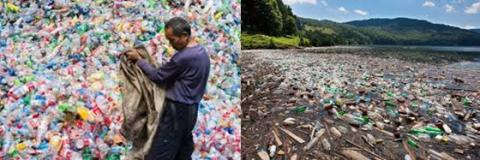
Defining problems and pitching solutions
The impact of plastics on our planet is of increasing concern and has recently gained significant media and public attention. While we are starting to understand the myriad and complexity of issues that surround the plastic phenomenon and its impact, it is less obvious what innovations could provide solutions to the challenges that these issues currently pose.
The participants investigated the problems arrising from plastic waste from different perspectives:
- micro- vs. macro-plastics,
- the threat to wildlife arising from plastics,
- the impact of plastic waste on local communities.
The interdisciplinary teams of early career researchers, including PhD students from a number of Cambridge CDTs and DTPs, and nascent entrepreneurs, came up with a series of "How might we..." propositions, such as
- How might we create a cicrular packaging system?
- How might we source alternative materials, involving local communities?
- How might we incentivise the public to recycle?
- How might we prevent microplastics entering water ways?
They worked together to identify solutions and to explore ways how these solutions can be delivered to the market, into the hands of those who need to use them, to enable a positive and sustainable impact. An important aspect was to explore these challeges not only from the economical and technical aspects but also consider the social and environmental perspectives of the innovative solutions presented.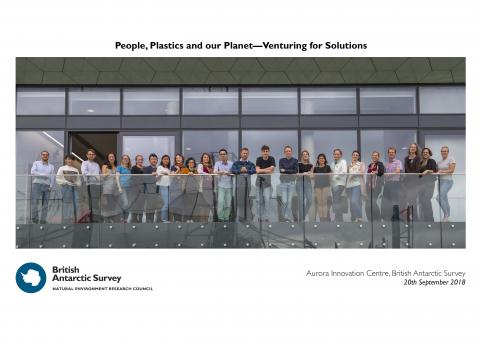
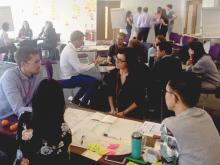
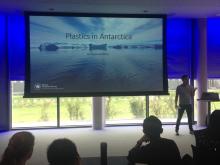
The venture school was a highly interactive and hands-on course delivered over four days. Interdisciplinary teams, with members from engineering, biochemistry and physics etc., worked together to find solutions to plastic challenges that they identified as of particular interest. Each team worked towards identifying a business model that would suitable to take their innovation forward. Expert mentors with knowledge in business development and environmental protection provided valuable feedback.
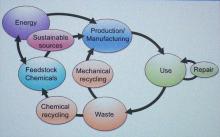

Several project ideas where developed, including
- turning plastic bottles into bricks
- sensors to monitor food quality on serving trays
- interactive and fun communal recycling facilities

